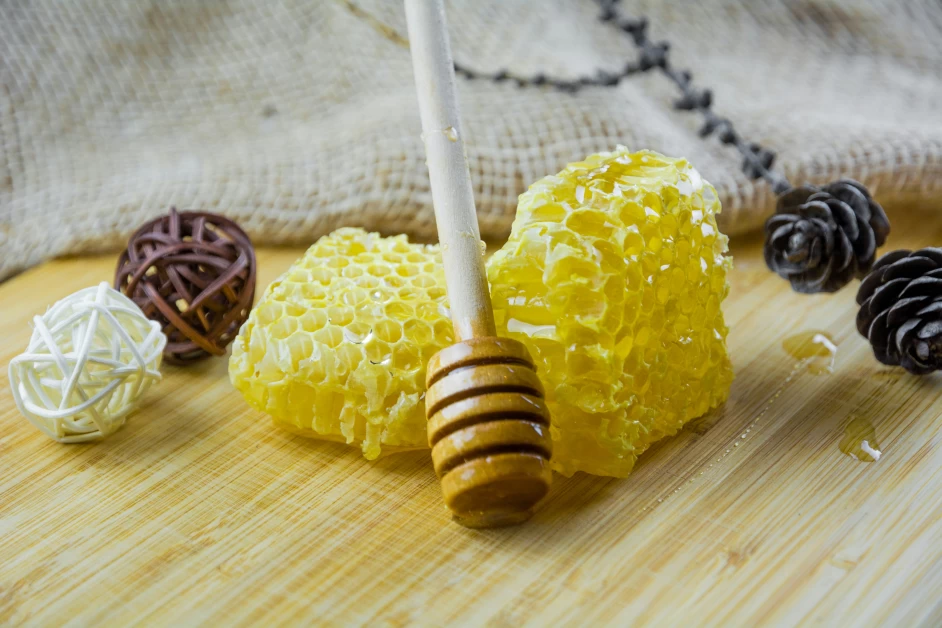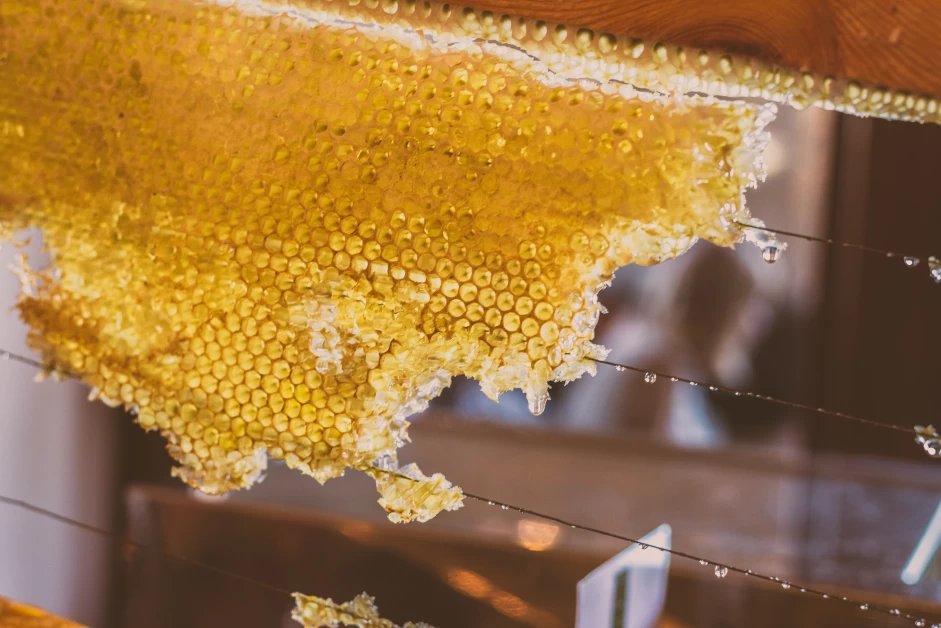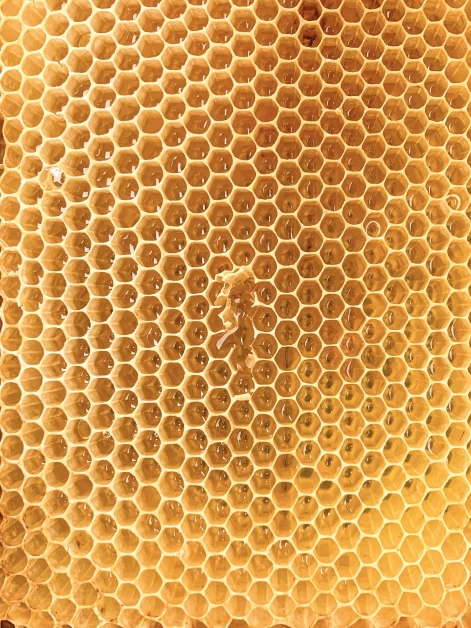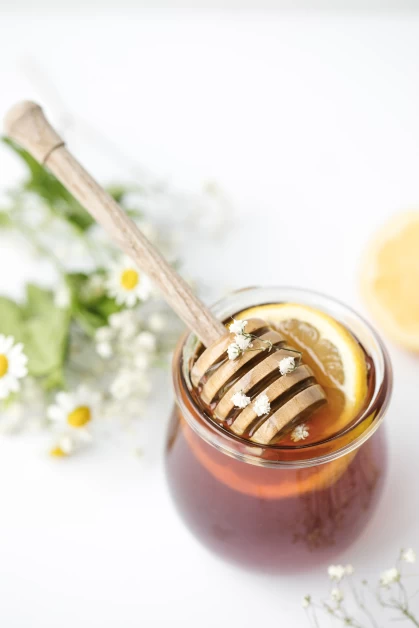Table of Contents
Manuka honey is a special type of honey that is derived from the nectar of the Manuka bush, which is native to New Zealand. It has gained popularity in recent years due to its unique health benefits, including its potential to help alleviate symptoms of the common cold and cough. In this article, we will explore the use of Manuka honey for cold and cough and how it can be used as a natural remedy.
What is Manuka Honey?
Manuka honey is produced by bees that pollinate the Manuka bush, which is also known as Leptospermum scoparium. The flowers of this bush contain a compound called methylglyoxal (MGO), which is responsible for the unique antibacterial properties of Manuka honey. The higher the MGO content, the stronger the antibacterial effects of the honey.
Manuka honey is known for its thick consistency, dark color, and strong, distinctive flavor. It is often used as a natural sweetener and is also prized for its potential health benefits.
Manuka Honey for Cold and Cough
Cold and cough are common respiratory illnesses that can cause discomfort and disrupt daily activities. While there is no cure for the common cold, there are various remedies that can help alleviate symptoms and promote faster recovery. Manuka honey is one such remedy that has been used for centuries to soothe sore throats and relieve coughs.
Antibacterial Properties
One of the key reasons why Manuka honey is effective for cold and cough is its potent antibacterial properties. The high levels of MGO in Manuka honey can help kill bacteria and prevent them from multiplying. This can help reduce the severity and duration of respiratory infections, including the common cold.
Soothing Properties
Manuka honey also has soothing properties that can help alleviate symptoms of a sore throat and cough. Its thick consistency forms a protective layer on the throat, providing relief from irritation and discomfort. Additionally, the natural sugars in honey can help reduce coughing by acting as a natural cough suppressant.
Immune-Boosting Effects
Manuka honey contains various vitamins, minerals, and antioxidants that can support a healthy immune system. A strong immune system is essential for fighting off infections and reducing the severity of cold and cough symptoms. Regular consumption of Manuka honey can help strengthen the immune system and promote overall well-being.
How to Use Manuka Honey for Cold and Cough
There are several ways to use Manuka honey to alleviate symptoms of cold and cough. Here are some effective methods:
-
Raw Manuka Honey: Consuming raw Manuka honey directly from the jar is a simple and effective way to benefit from its antibacterial and soothing properties. Take a spoonful of honey several times a day, or as needed, to soothe a sore throat and reduce coughing.
-
Honey and Lemon Tea: Mix a tablespoon of Manuka honey with the juice of half a lemon in a cup of warm water. Drink this soothing tea several times a day to relieve symptoms of cold and cough.
-
Honey and Ginger Infusion: Add a teaspoon of grated ginger to a cup of hot water and let it steep for a few minutes. Strain the ginger and stir in a tablespoon of Manuka honey. Drink this ginger-honey infusion to soothe a sore throat and reduce coughing.
-
Honey and Warm Milk: Mix a tablespoon of Manuka honey with a cup of warm milk and drink it before bedtime. This can help soothe a sore throat, promote better sleep, and alleviate coughing.
Precautions and Considerations
While Manuka honey is generally safe for consumption, there are a few precautions to keep in mind:
-
Avoid Giving Honey to Infants: Honey should not be given to infants under the age of one year due to the risk of botulism, a rare but serious illness caused by bacterial spores found in honey.
-
Quality and Authenticity: Ensure that you are purchasing high-quality, authentic Manuka honey from a reputable source. Look for the Unique Manuka Factor (UMF) rating on the packaging, which indicates the potency and quality of the honey.
-
Allergies: If you have a known allergy to honey or bee products, it is best to avoid using Manuka honey. Consult with a healthcare professional if you are unsure about using Manuka honey for cold and cough.
Conclusion
Manuka honey is a natural remedy that has been used for centuries to alleviate symptoms of the common cold and cough. Its potent antibacterial and soothing properties make it an effective and safe option for relieving sore throat and reducing coughing. Incorporate Manuka honey into your daily routine to boost your immune system and promote overall well-being. However, always consult with a healthcare professional if you have any concerns or questions about using Manuka honey for cold and cough.




